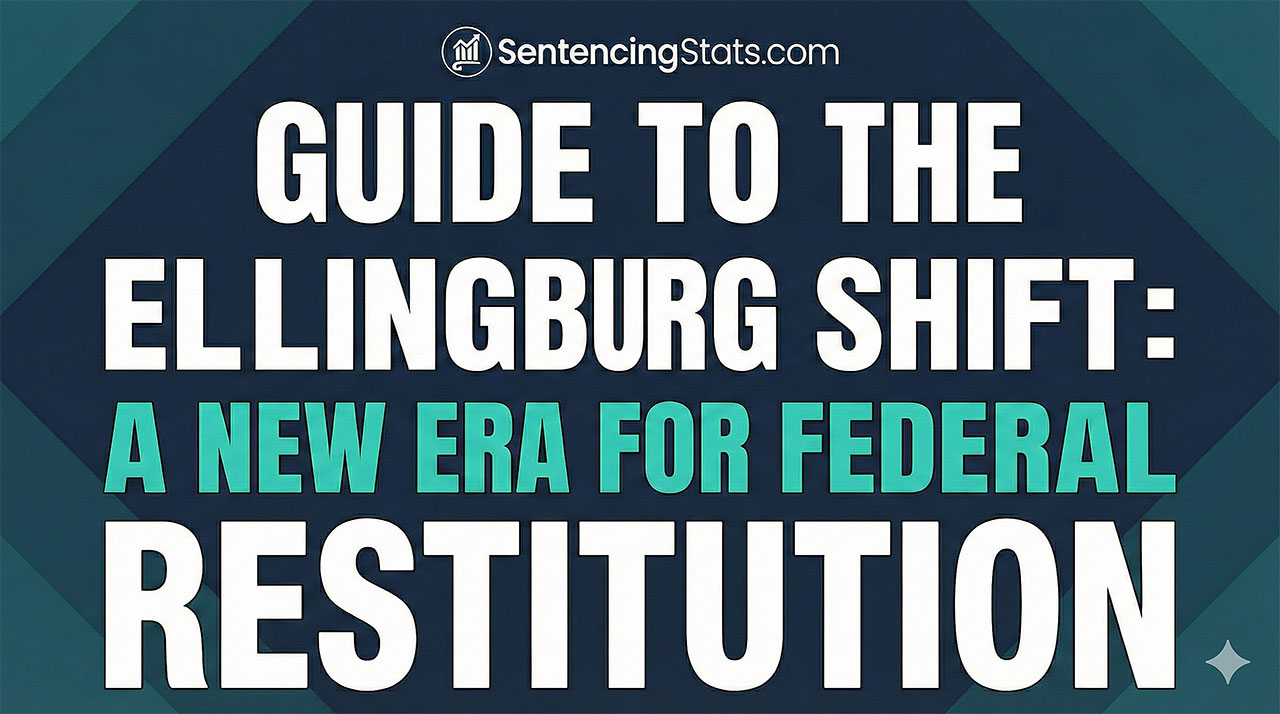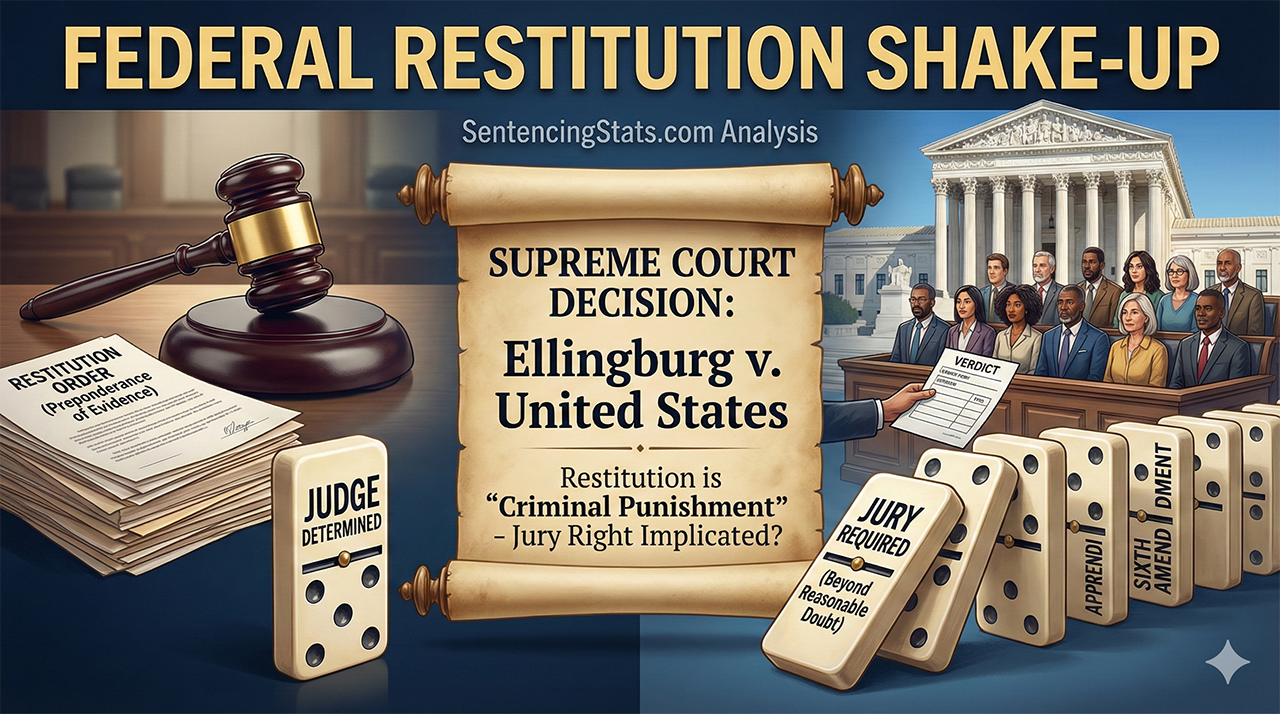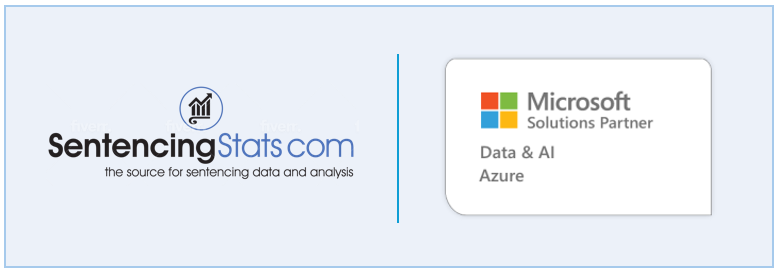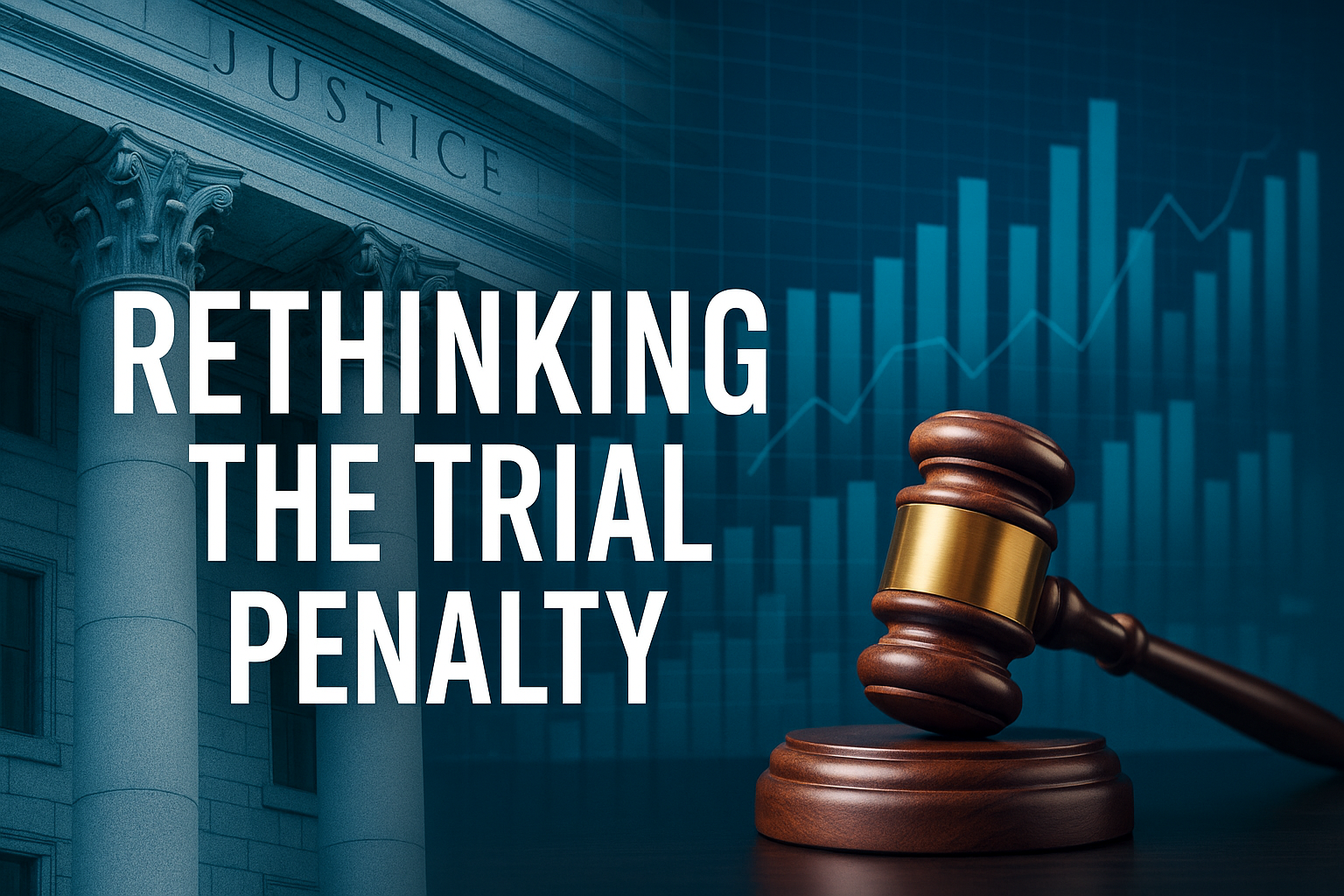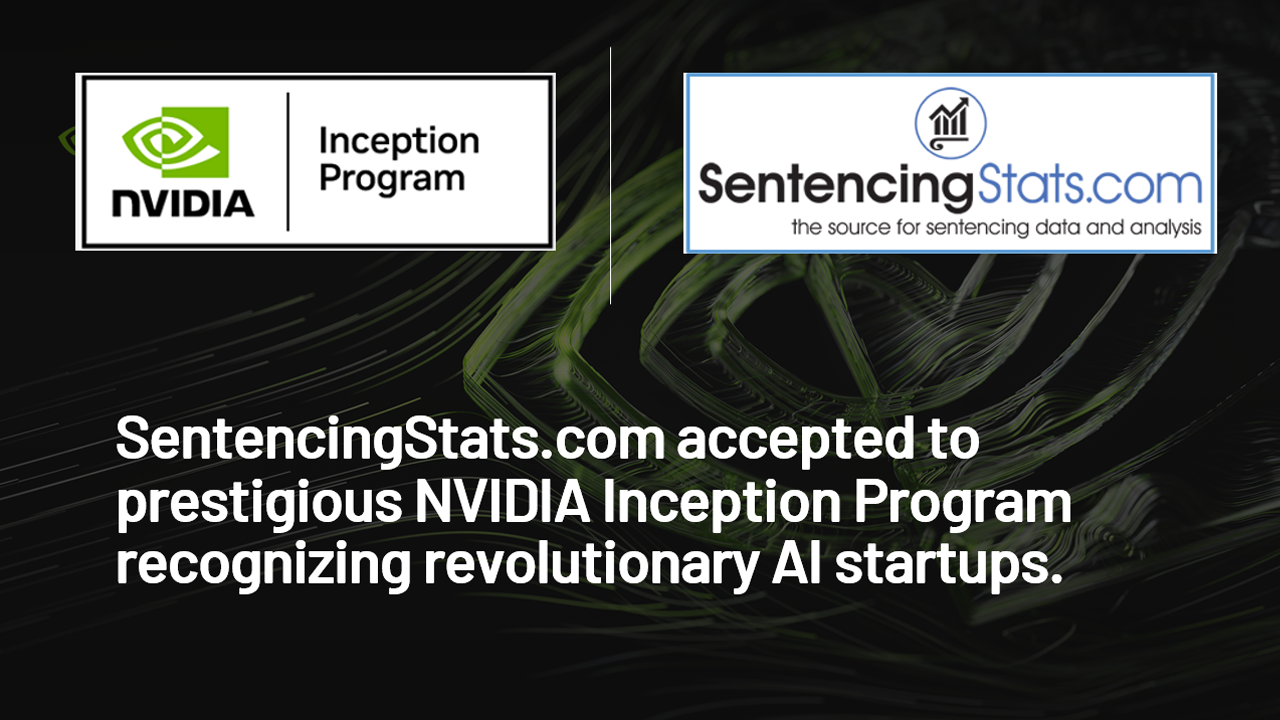The Supreme Court’s recent ruling in Ellingburg v. U.S. has complex implications for every federal criminal case involving financial loss. To help you visualize this seismic shift, we’ve created a new infographic: “The New Ellingburg Rule Explained.” This visual guide maps out the transition of restitution from a civil remedy to a criminal penalty, highlighting the new “Apprendi dominoes” that defense counsel can leverage to demand jury findings and higher standards of proof.
Ellingburg Supreme Court Decision Infographic: The New Ellingburg Rule Explained
